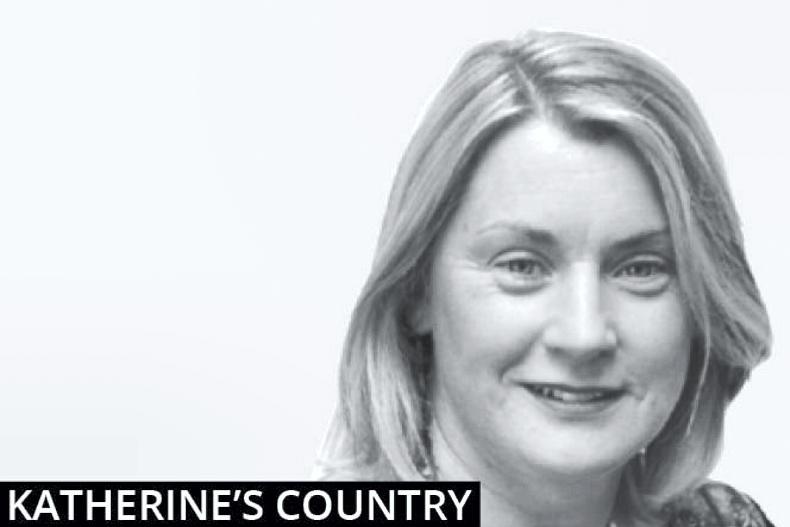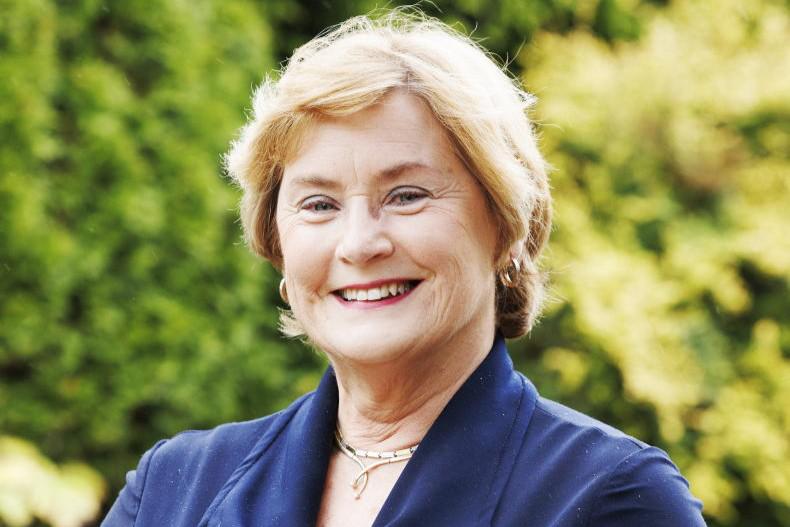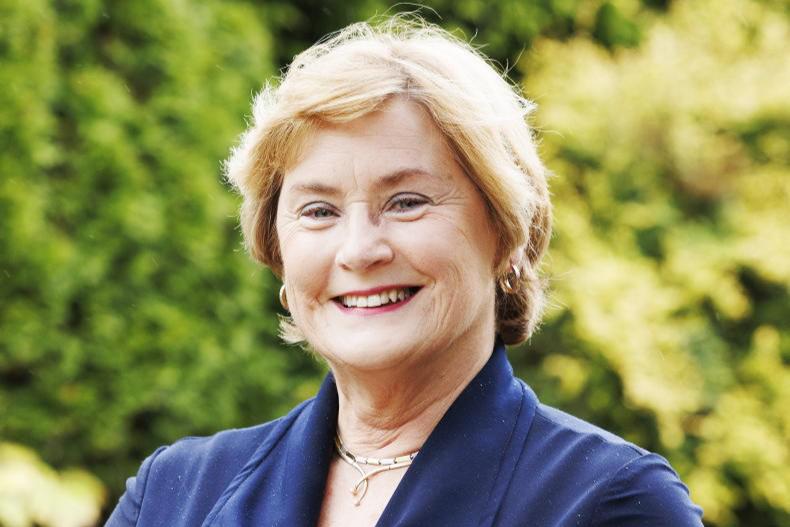Last week I highlighted communication as one of the issues to pay attention to when farmers are busy. It is essential to the running of a business.
When one is working with animals; all operators must be on the same page and everyone must understand the ethos of the business. In a family-run entity; this is easy enough because the next generation grows up with the values of the previous generation and absorbs them almost by osmosis.
When additional labour has to be brought onto the farm as an enterprise grows; the values have to be talked through. They have to be communicated clearly in the early days. A clear understanding of what is required in every area of work is necessary.
No communication necessary
That time when you look out the window and you see the cows venturing out a gate that shouldn’t be open and then gathering speed as they head out the lane by the yard. You know they will pass the house in minutes and then a bit further on it is right to Kerrypike and left for Tower village. Your mind races with the fright of what might happen. You give a screech and somehow get into wellies and are in place to avert disaster.
I happened to be looking out the living room window and saw one or two cows in the middle of open gates, heads up in anticipation
That was me last week! Gates were left open for a contractor. I happened to be looking out the living room window and saw one or two cows in the middle of open gates, heads up in anticipation. I interpreted their body language or animal communication.
Daisy was saying to Bluebell: “Shall we go for a stroll girl?” I was gone out in a flash and my husband, Tim, was hot on my heels and the cow adventure was over before it started. Almost no communication necessary. Action becomes automatic. You just know what to do.
Communication about the farm
The way we talk about our farming to other farmers is important. We learn so much from each other. In fact, talking to other farmers often leads to a solution. During this extended lockdown this has become more difficult. Discussion group meetings online continue to provide information. It is not the same as having an in-depth discussion on a member’s farm considering individual challenges but it is all we’ve got for now.
Ensuring that all concerned have a good work life balance is the responsibility of the owners and participating family members
The way we communicate to the younger generation is hugely important for the continuation of our industry. If parents, grandparents and uncles and aunts are not positive about farming and the good life that it is; then we are failing to secure the future of farming for the generations to come.
Ensuring that all concerned have a good work life balance is the responsibility of the owners and participating family members.
Valued reputation
The way we communicate to the wider public, to the people who know nothing about farming and more importantly to those who are antagonistic towards what we do is the most important piece. People want to know our stories. They want to know that we care about our animals and the environment. Last week, the picture of Gordon Elliott sitting on the dead horse was grabbed by the media and publicised. It showed a shocking lack of judgement on his part. The consequential loss to him personally and to the industry as a result cannot be quantified. No matter what Gordon Elliott says – or the people that support him and know him say – the picture still stands. The result: a business in chaos, staff bereft, a man vilified. Users of social media platforms should think before posting.
They never consider that animals get sick and sometimes die
Animal welfare and awareness has to be our focus. It is our business and the health and contentment of our animals must always be on our minds.
People with no connection to farming can have a very idealistic view of farming. They never consider that animals get sick and sometimes die. They certainly do not understand the trauma of losing an animal.
The only way the public who have no connections to the land or farming get their information to form their opinions is through the media and in recent years sadly through Facebook and Twitter.
That is why the horse story is a huge lesson to farmers. Farm as if you are being watched because the road back from a stupid mistake is a long and hard one.








SHARING OPTIONS